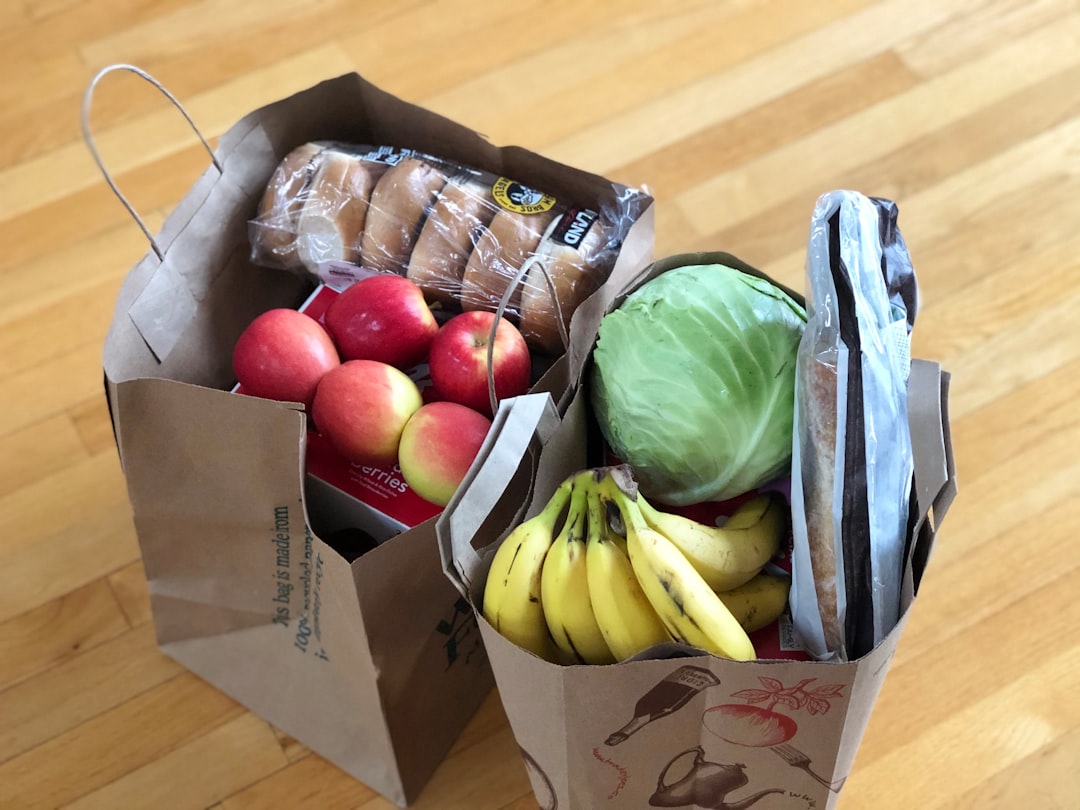Are American Consumers Hungry for Debt?
A new report raises questions about the long-term impact of buy now, pay later
Buy Now, Pay Later provider Affirm is suggesting that consumers want the opportunity to use short-term loans to finance groceries — especially during a time of rising prices.
The news comes courtesy of a story in American Banker.
The story notes:
Affirm’s newest product, which ties a buy now/pay later loan to a debit card, is finding favor with food shoppers.
“We wanted to be the thing that people take to go shopping for their family, to give them financial flexibility,” Max Levchin, Affirm’s founder and chief executive, said during a Thursday conference call with investors to discuss the company’s fiscal third-quarter results.
Here’s how it works in practice:
Affirm works with Plaid to instantly determine whether a Debit+ user qualifies to turn a purchase into a four-segment loan, borrowing up to $1,500 below the customer’s bank account balance. Users have the option to convert Debit+ payment plans to a loan, subject to approval, according to the product’s terms and services.
So, you’re at the store and the bill is a bit higher than you planned due to inflation and supply chain issues. Now, you can finance your groceries over 4 payments.
The challenge, of course, is that if you can’t afford your grocery bill this week, and you keep buying groceries each week, you’re likely to eventually run into a financial crunch when the bills come due.

A Recipe for Regret?
One recent survey showed that a significant number of consumers who use buy now, pay later ultimately regret the decision. Some even end up skipping other bills in order to make their buy now, pay later payments.
The survey revealed that while BNPL plans can seem like a great idea, the result can be a delicate balancing act to manage payments and other bills.
32% of Buy Now Pay Later plan users have had to skip paying an essential bill such as rent, utilities or child support in order to make their payments. Even after that, 30% report that they’ve struggled to make their payments.
Respondents also indicated they regretted the decision once they were in the payment phase of the plan and that more than half of consumers are paying back more than one BNPL loan at once.
Does it really make sense to buy essential items like groceries with a product that ends up resulting in skipping bills and regret?
Plus, the fact that more than half of consumers are paying back multiple buy now, pay later loans seems to suggest an inevitable financial avalanche — likely resulting in the inability to even buy groceries.
What IS Optionality?
Tip-based fintech lender Solo Funds says that it offers a new kind of short-term loan with a feature it refers to as “optionality.” That is, borrowers can tip the community member providing the low dollar loan and also have the “option” of tipping Solo for bringing the borrower and lender together.
Connecticut’s Banking Commissioner is not impressed. Or amused. Or buying this story at all.
Jason Mikula of Fintech Business Weekly tells the tale:
Apparently, the Connecticut Banking Commissioner issued a “cease and desist” order to Solo Funds for multiple violations of Connecticut state law.
It is possible to request a loan on Solo’s platform with no tip and no donation — which, apparently, was part of the company’s response to Connecticut’s investigators.
However, according to the order, every loan Solo facilitated in Connecticut included a tip or donation (emphasis added):
“Respondent has represented to the Department that ‘Borrowers may opt to include a Lender Tip or a SoLo Donation, but neither is required to submit the Loan request nor to receive a Loan.’
Nevertheless, 100% of the loans to Connecticut residents originated on the Platform from June 2018 to August 2021 either contained a Lender Tip or a SoLo Tip. In addition, Respondent recommends that consumers ‘Tip’ to receive a loan.”
Based on Connecticut’s analysis of loans facilitated in the state, the typical principal amount was $100, with an average ‘lender tip’ of $21 and an average ‘donation’ to Solo of $10 — equating to APRs that ranged from 43% to as much as 4,280%.
Despite these high costs, Solo Funds provided customers a purported Truth in Lending Act disclosure showing a “0% APR,” which, Connecticut found, was likely to mislead borrowers — per the order (emphasis added):
“Furthermore, even though all loans originated via the Platform to Connecticut consumers contained an APR between approximately 43% and 4280%, Respondent provided Loan Disclosures to the Connecticut consumers stating that the loans had APRs of 0%, likely misleading Connecticut consumers as to the loan’s APR, a material term of the loan.
Through such Loan Disclosures, Respondent provided wholly inaccurate information to Connecticut consumers and caused loan transactions to appear more advantageous than they truly were.”
MORE CONSUMER NEWS
Scam Debt Relief Company Shut Down
Bank of America Fined for Unlawful Garnishments
Consumers Win $500 Million Settlement Against Lender Charging 950% Interest


